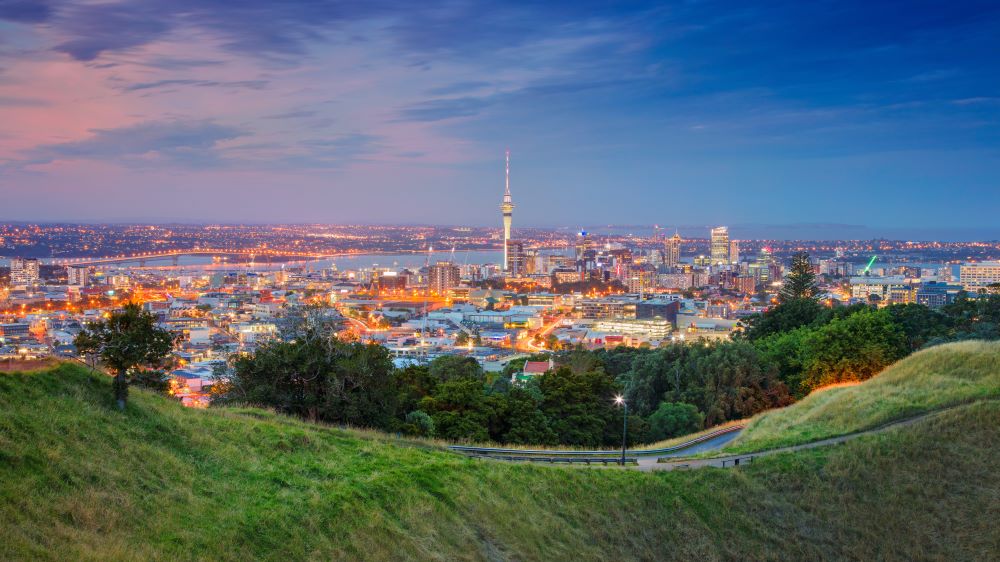
New Zealand reports first local COVID-19 transmission in 102 days
New Zealand's streak of no coronavirus transmission has come to an end.

New Zealand's streak of no coronavirus transmission has come to an end: The country has announced its first cases of local transmission in 102 days, according to news reports.
On Tuesday (Aug. 11), New Zealand Prime Minister Jacinda Ardern said the country had confirmed four new cases of COVID-19 among people who had not traveled recently or had contact with a known case, according to CNN. The news comes just 48 hours after New Zealand marked the milestone of going 100 days without COVID-19 transmission. (COVID-19 is the disease caused by the novel coronavirus.)
The new cases were all within the same household, according to ABC. The cases were found after a person in their 50s went to the doctor with symptoms and tested positive for COVID-19, ABC news reported. Six of the patient's household members were also tested for the virus, with three testing positive.
As a result, New Zealand will reinstate temporary COVID-19 restrictions in parts of the country, according to CNN. The strictest measures will be in Auckland, where the local cases were found. The restrictions mean that restaurants, bars and non-essential shops will close, as will schools; gatherings will be limited to 10 or fewer people, and residents will be allowed to leave their homes only for essential activities like grocery shopping, CNN reported. The measures will be in place for three days, from Wednesday through Friday.
"These three days will give us time to assess the situation, gather information, make sure we have widespread contact tracing so we can find out more about how this case arose and make decisions about how to respond to it once we have further information," Ardern said at a news conference on Tuesday, according to ABC.
"I know that this information will be very difficult to receive," Ardern said. "We had all hoped not to find ourselves in this position again. But we had also prepared for it."
New Zealand had previously implemented a strict lockdown in late March, when the virus first appeared in the country. The stringent measures worked to make the country virtually coronavirus-free, with only a few dozen travel-related cases reported since May. As a result, life in the country had nearly returned to normal, with residents going to sporting events and dining at restaurants without routinely wearing face masks, ABC news reported.
Sign up for the Live Science daily newsletter now
Get the world’s most fascinating discoveries delivered straight to your inbox.
Originally published on Live Science.

Rachael is a Live Science contributor, and was a former channel editor and senior writer for Live Science between 2010 and 2022. She has a master's degree in journalism from New York University's Science, Health and Environmental Reporting Program. She also holds a B.S. in molecular biology and an M.S. in biology from the University of California, San Diego. Her work has appeared in Scienceline, The Washington Post and Scientific American.









